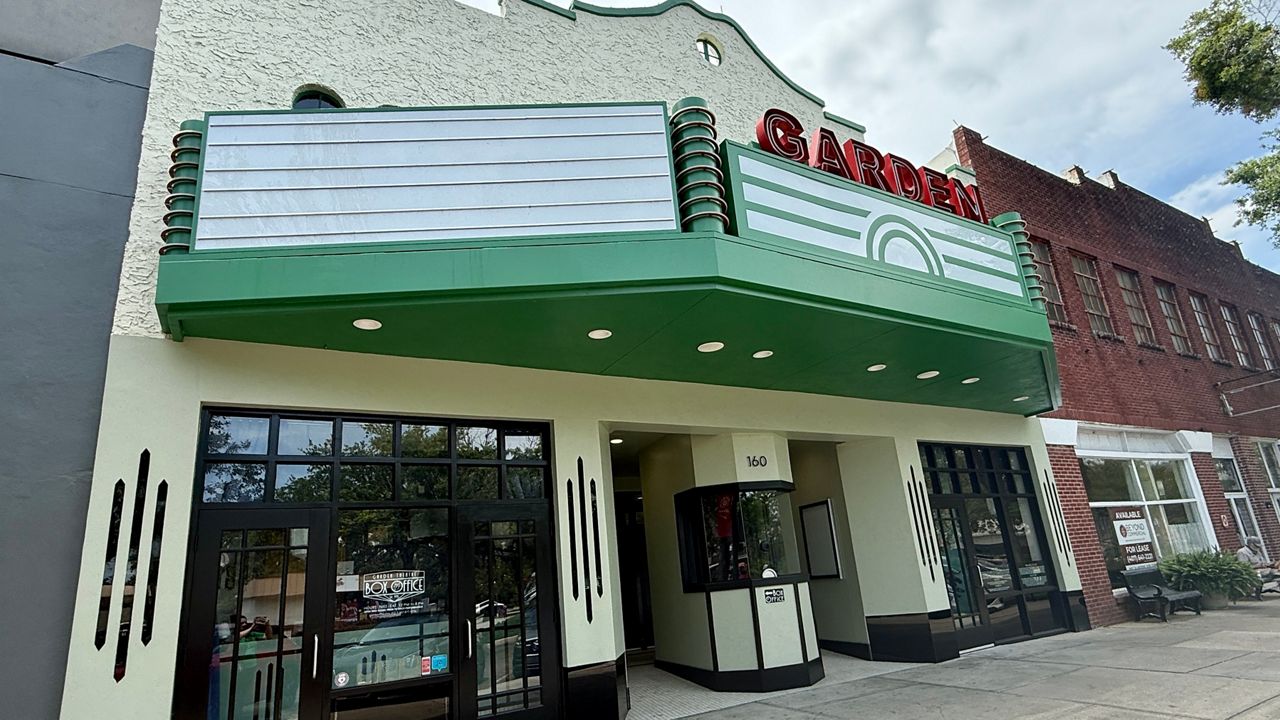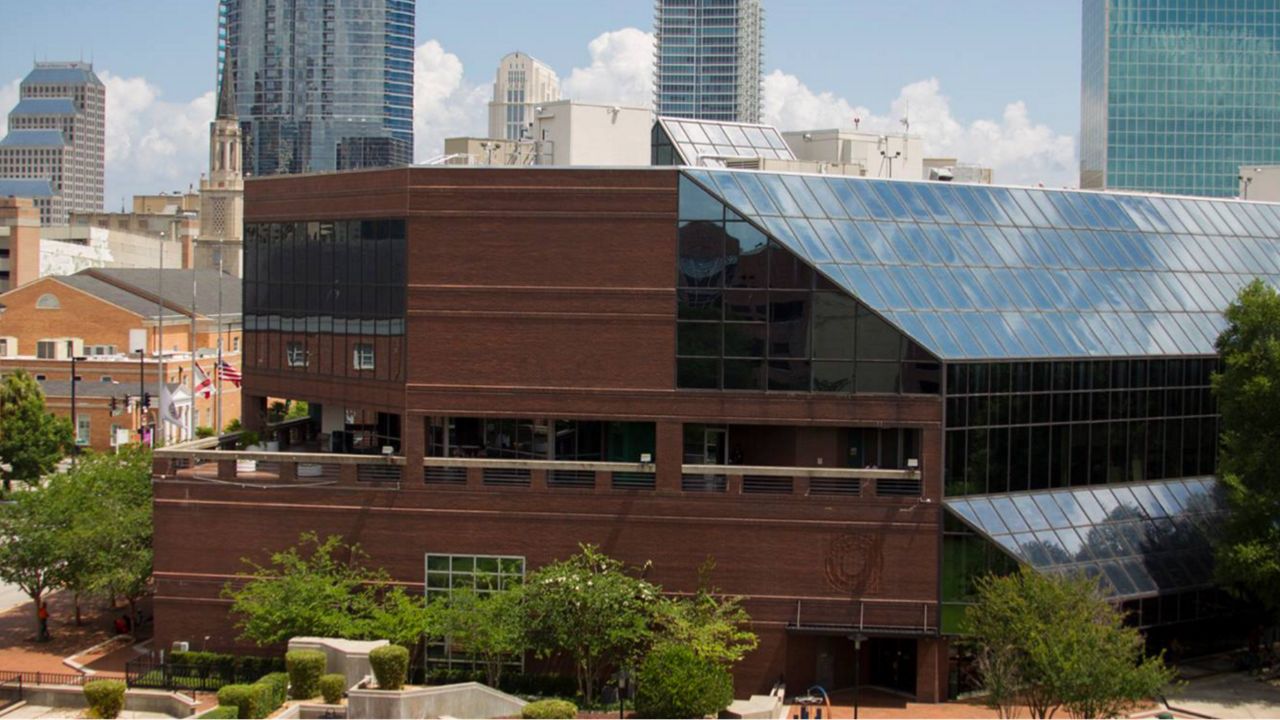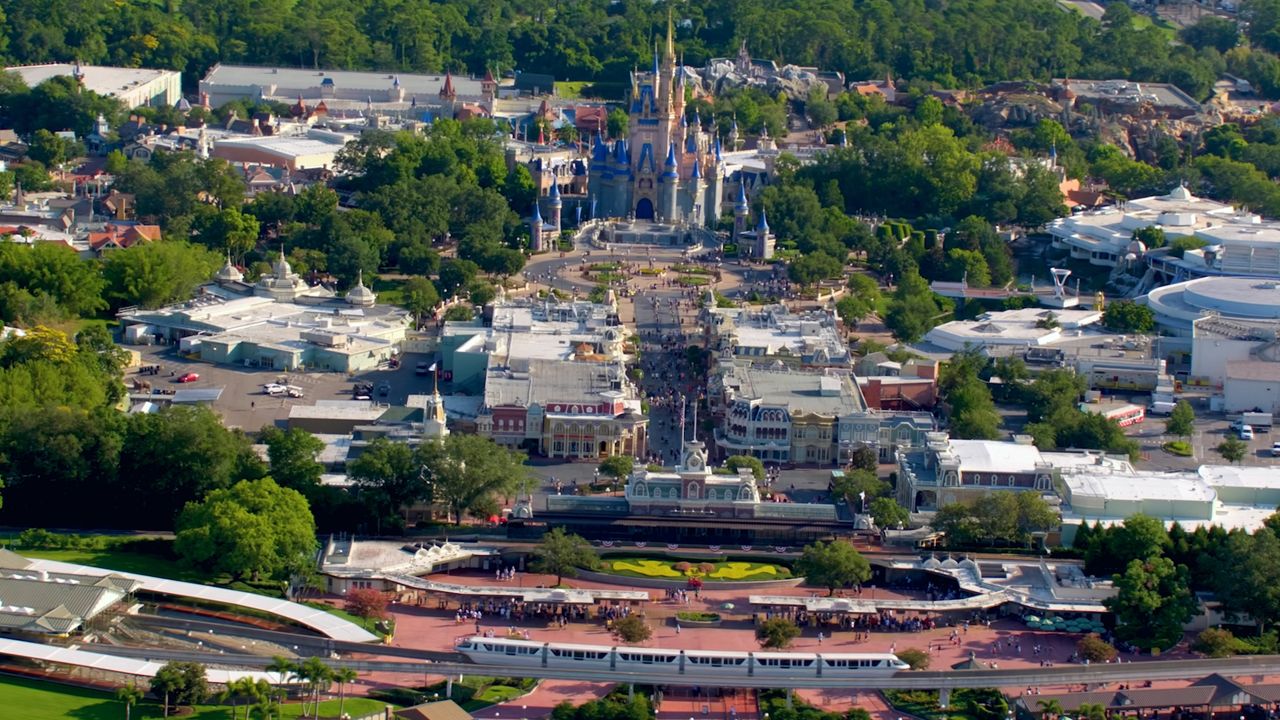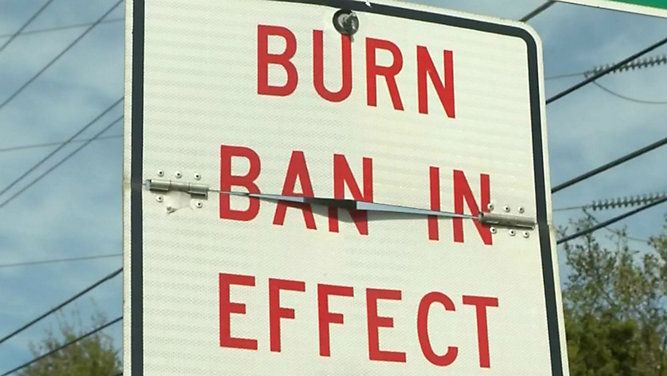ORLANDO, Fla. — Female faith leaders are part of a growing trend in America among those pursuing a career in the ministry.
Leaders in the Episcopal Diocese of Central Florida say the number of female clergy in the diocese has increased over the past decade.
Archdeacon Julie Altenbach reports that of the 360 clergy members, including priests and deacons in the Episcopal Diocese of Central Florida, 228 are male and 132 are female.
Women make up 36.7% of the clergy in the diocese.
Officials add that of their annual diocesan convention in January, a total of 54 people in their discernment or leadership development process, including their diaconate and priesthood tracks — 39% are women.
Two females, an Orlando ordained minister and an Orlando seminary student, hope to continue that trend.
Karen Tuttle, who’s attending service at the Cathedral Church of St. Luke — one of the churches that make up the Central Church of The Episcopal Diocese of Central Florida — is in seminary school studying to become a minister and learning about theology.
She says it’s a way to worship God while teaching others about him.
“It’s regular for me and it’s an important part of my life,” said Tuttle.
She’s enjoying learning about ministry at Asbury Theological Seminary and through ministers like Reverend Canon Patricia Orlando.
Tuttle calls her “Mother Patricia.”
She says seeing Mother Patricia in a strong leadership position at the church has been inspiring, leading her to realize she too could be called to the priesthood.
“We got to the point where I said that I’m starting at Asbury Seminary and you said, ‘that’s where I got my masters of divinity.’ So we had that instant connection and then found out you were in the track to become a deacon and then a priest,” said Tuttle.
Tuttle, who grew up in a Christian church, says she didn’t see women holding leadership positions, so she didn’t know being a woman priest was an option.
“Going to her ordination and then hearing her preach, there was a power intangibility in it that I hadn’t experienced before,” she said.
Mother Patricia has been a priest for almost two years, becoming a source of support and a mentor for women like Tuttle.
“I’ve found probably at least once every other week, a new woman will come up and say to me, ‘I didn’t know a woman could be who you are,’” said Orlando.
She’s seen a number of women who have joined priesthood when she was ordained a deacon, all four of them were women.
“It is becoming more the norm,” she said.
Tuttle says empowered women, empower women and no matter your religion, there’s a big takeaway in her story.
“I’m passionate about women being free to pursue what they feel God is calling them to do no matter what career that would be,” she said.
The Episcopal Diocese Of Center Florida covers 15 counties and includes 81 churches. Officials there say they remain committed to clergy development, especially among women and persons of color.
Tuttle is a chalice bearer or a lay reader in the Sunday 6 p.m. service.
She has a year and a half left of seminary school.
Right now her more immediate calling is to teach, but she’s also considering priesthood.










